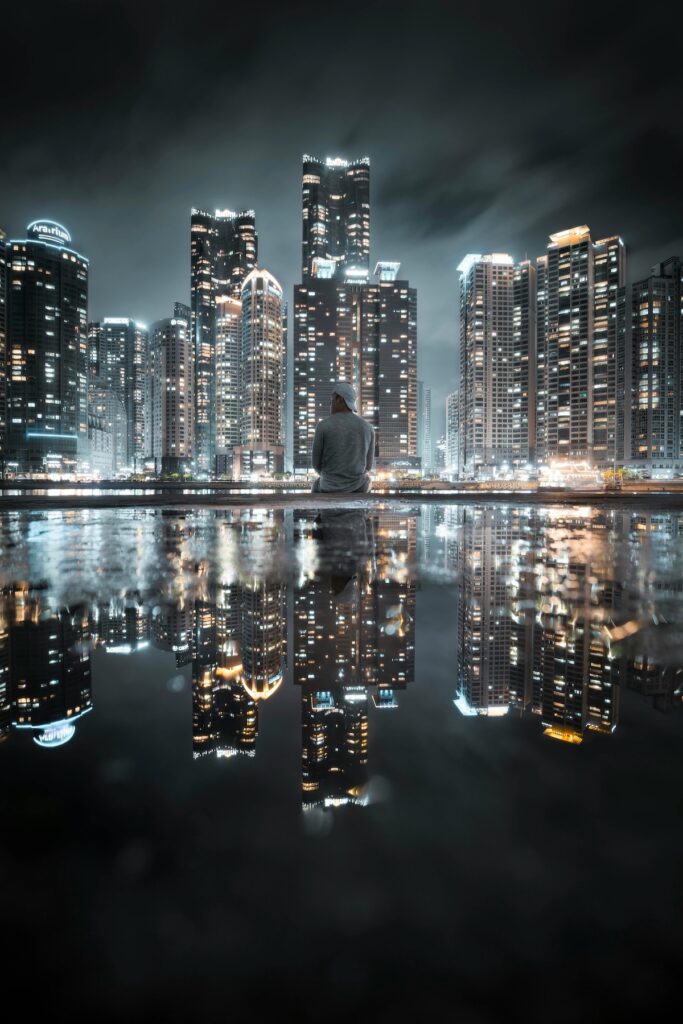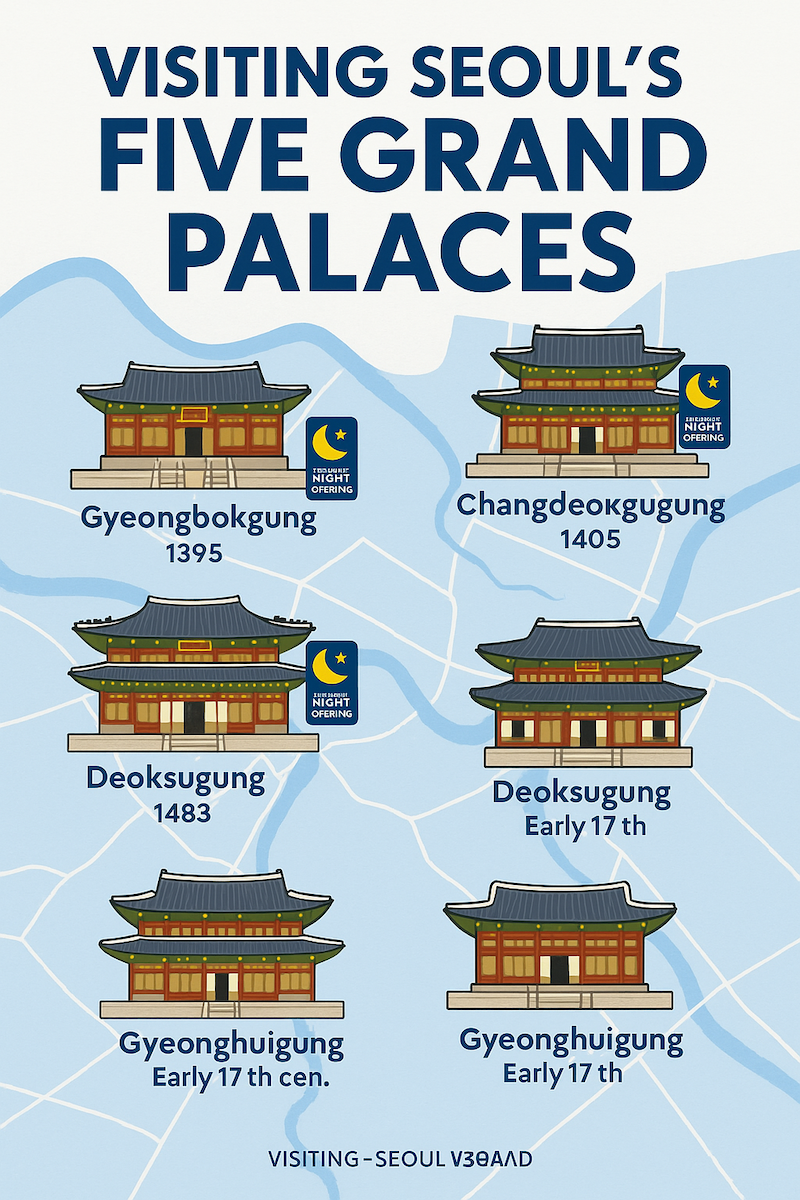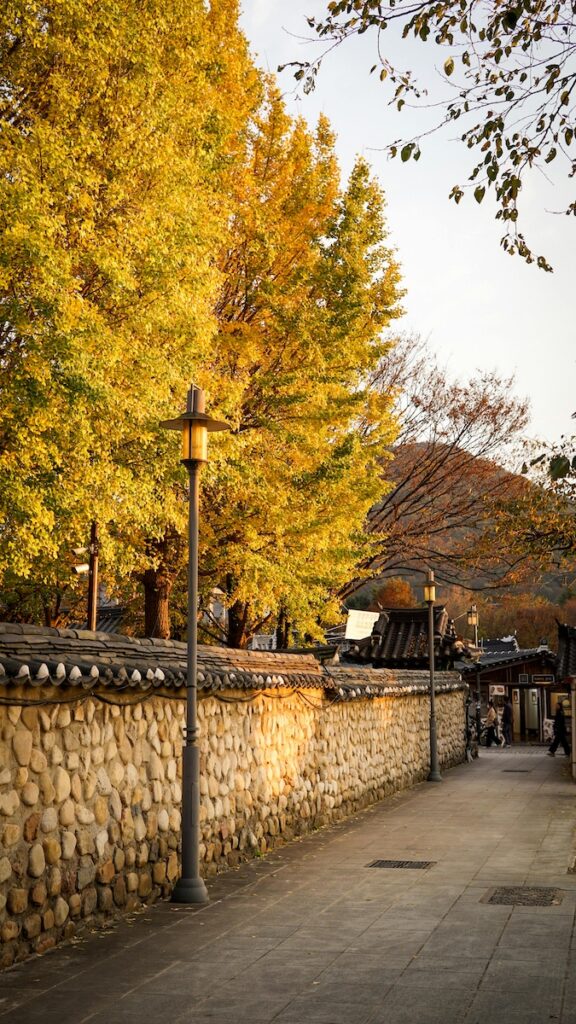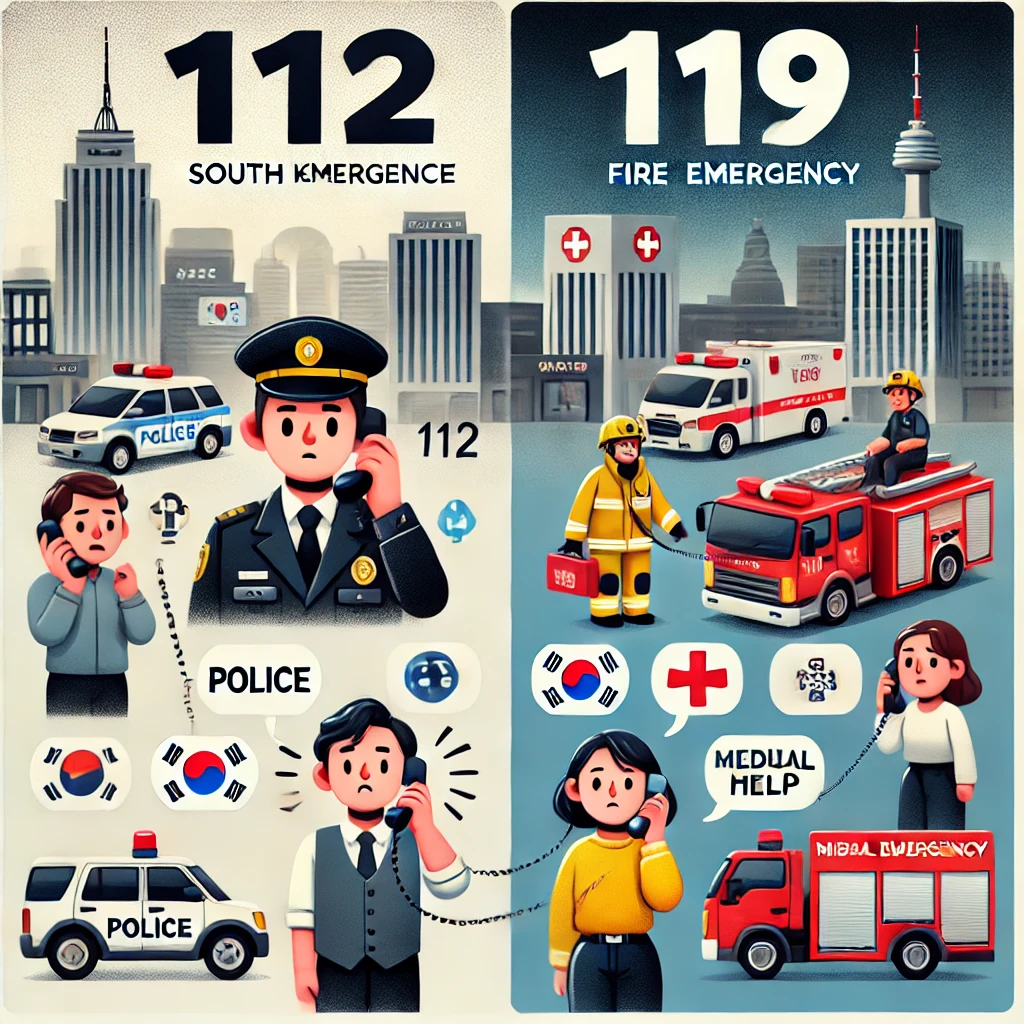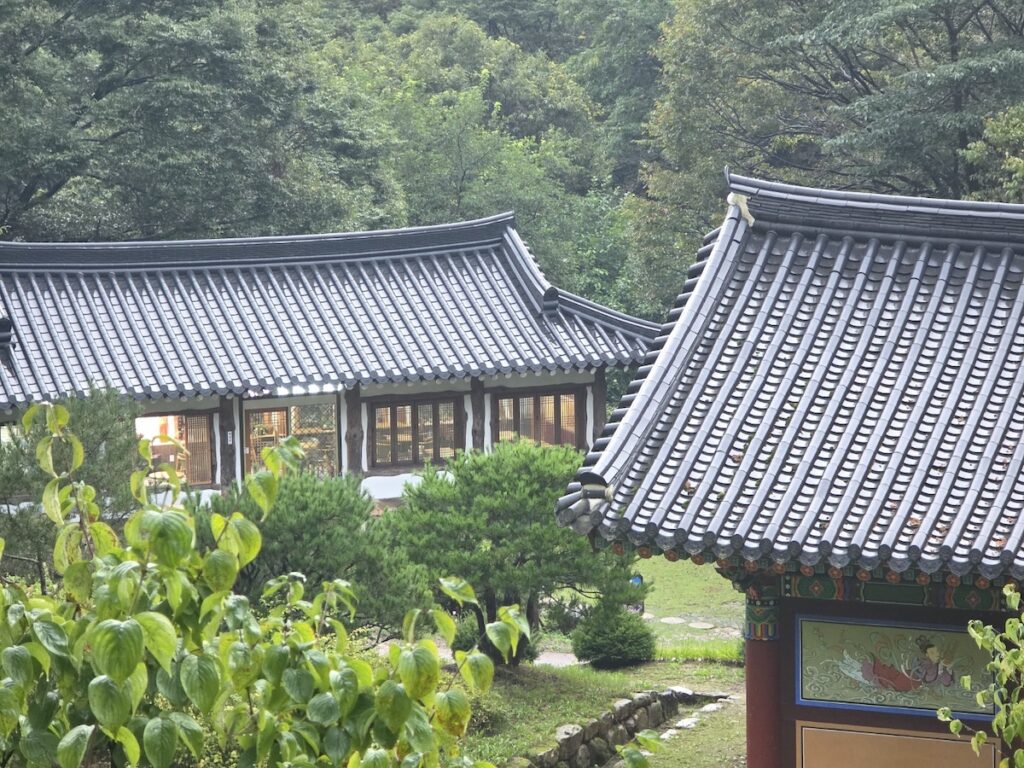Introduction
When planning a trip abroad, one of the first concerns for any traveler is safety. For solo travelers, women, or groups of friends exploring a new destination, the question “Is it safe?” often outweighs all others. South Korea, famous for its bustling cities, K-dramas, and vibrant nightlife, also has an international reputation for being remarkably safe.
This article offers a complete look at safety in South Korea, covering crime rates, police presence, CCTV surveillance, government policies, and real-life experiences. We will also compare South Korea with other countries and highlight why many foreigners describe it as one of the most comfortable and worry-free destinations in Asia.
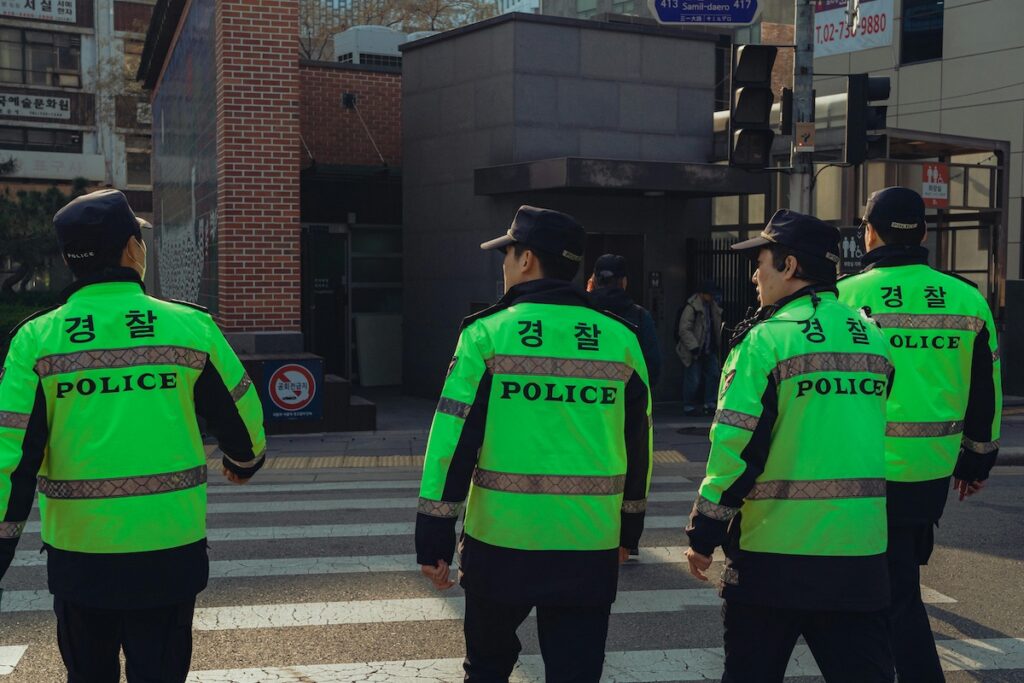
Low Crime Rates Compared to Other Countries
South Korea consistently ranks among the world’s safest countries in terms of violent crime. Homicide rates are far lower than in North America or parts of Europe, and gun-related incidents are virtually nonexistent due to strict firearm laws.
While petty theft or pickpocketing can occur in crowded areas such as traditional markets or nightlife districts, incidents involving foreigners are relatively rare. Compared to Japan, which is also known for safety, South Korea has slightly higher petty crime statistics, but remains far below global averages. Compared to the United States, South Korea’s violent crime rate is only a fraction.
For many foreigners, this means walking through Seoul at night or traveling between cities feels significantly safer than in their home countries.
Visible Safety: CCTV and Policing
One of the most reassuring aspects of Korean urban life is the sheer presence of CCTV cameras. Major intersections, subway stations, and even small side streets are covered by surveillance systems. This extensive monitoring has been credited with reducing crime opportunities and ensuring quick police response.
The Korean National Police Agency is known for high visibility. Patrol cars, motorcycle units, and local police substations are common, even in residential neighborhoods. Police officers are trained to provide assistance to foreigners, and in tourist-heavy areas, it is not uncommon to find English-speaking staff.
Emergency numbers are simple and easy to remember:
These numbers connect callers directly to bilingual emergency services when necessary.
Everyday Impressions: Safety in Daily Life
One of the most striking experiences for foreigners in South Korea is how normal and safe late-night life feels. It is common to see young women walking alone to a convenience store at 2 or 3 AM, or groups of students chatting in public parks until dawn.
This sense of security is supported by Korea’s night economy. Because so many shops, cafes, and convenience stores remain open late—or even 24 hours—there are always people on the streets. Busy pedestrian activity discourages isolation and makes streets feel safer.
Additionally, the rise of unmanned stores (self-service convenience shops, 24-hour laundromats, automated cafes) highlights Korea’s confidence in its public safety. In many other countries, such facilities might be frequent targets of theft or vandalism; in Korea, they operate smoothly and successfully.
Safety for Female and Solo Travelers
South Korea has become a popular destination for female solo travelers. Travel communities often note how comfortable it feels to walk around at night compared to other destinations. While incidents do occasionally occur—as they can anywhere—most women report feeling secure, even in large cities.
For groups of female friends, Korea’s nightlife areas such as Hongdae, Gangnam, or Itaewon are vibrant yet generally safe. Clubbing districts and bars can still attract petty theft or unwanted attention, but violent crime is very uncommon.
Compared to Southeast Asian destinations, South Korea offers a stronger infrastructure of public transport, CCTV coverage, and visible policing. Compared to Europe, where pickpocketing in tourist centers is frequent, Seoul feels less risky.
Government Initiatives and Smart Safety
The government, especially the City of Seoul, invests in technology-driven safety. Smart streetlights, well-lit alleys, and CCTV monitoring rooms ensure quick detection of unusual activity. Safety escort services and apps are available for residents and visitors, allowing users to request guided routes home or alert authorities if they feel unsafe.
Local governments also promote crime prevention through urban design—installing brighter lights, reducing blind corners, and painting murals to discourage graffiti or intimidation. This proactive approach helps foster public trust.
What the Numbers Say
- Homicide rate: less than 1 per 100,000 people (among the lowest worldwide).
- Gun crime: virtually zero, thanks to strict gun laws.
- Petty theft: more likely than violent crime, but still lower than in many Western tourist hubs.
- Safety index: Seoul is often rated “low crime” on international comparison charts.
Statistics back up the common traveler’s impression: South Korea is a country where safety is not just a perception but a measurable reality.
Practical Safety Tips for Foreigners
While South Korea is safe, it is still wise to follow basic travel precautions:
- Keep an eye on belongings in crowded subways or markets.
- Be cautious with excessive drinking in nightlife areas.
- Save emergency numbers (112 for police, 119 for fire/ambulance).
- Use navigation apps (Naver Map, Kakao Map) to avoid wandering into less familiar neighborhoods late at night.
For additional help, travelers can use the Korea Travel Hotline (1330), which offers 24-hour support in multiple languages.
Conclusion
South Korea stands out as one of the safest destinations for international visitors. With low violent crime rates, extensive CCTV coverage, proactive government safety policies, and a vibrant night culture that keeps streets busy until dawn, travelers can feel reassured.
It is not unusual to see young women walking home late at night or students studying in cafes around the clock—scenes that would raise concerns in many other countries but feel normal in Korea. This everyday safety is one of the country’s greatest assets.
For solo travelers, female groups, or families, Korea provides an environment where one can focus more on the experience and less on personal security. And if something does go wrong, help is only a phone call away.
